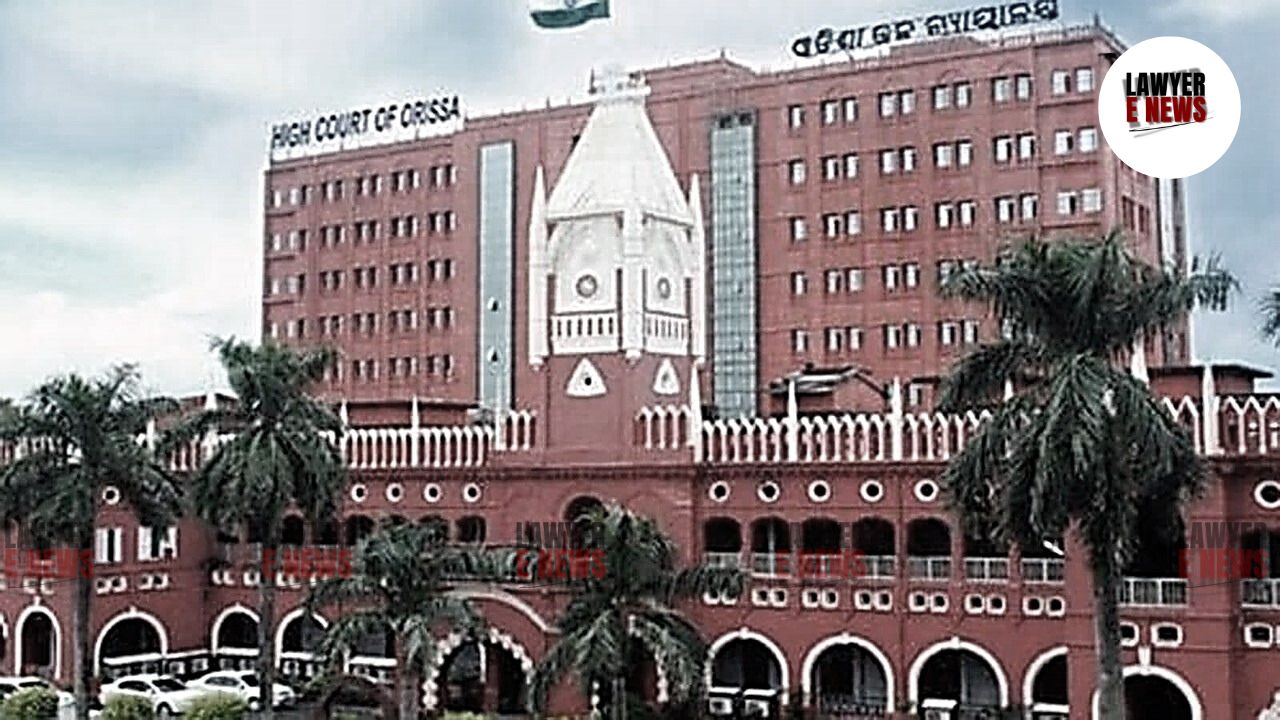-
by Admin
15 February 2026 2:36 AM



The Orissa High Court has dismissed the petition filed by Bikram Parida seeking to antedate the regularisation of his service from the year 1992 or 2000, instead of the existing date of 06.03.2019. In its decision, the Court upheld the municipal administration’s order and cited the lack of legally sustainable grounds for altering the date of regularisation. Justice Murahari Sri Raman presided over the case, emphasizing the importance of judicial discipline and the application of legal precedents.
Bikram Parida, a Homoeopathic Assistant, was initially engaged on a daily wage basis by the Paradeep Notified Area Council on 13.11.1992. Over the years, his service was regularised with effect from 06.03.2019 following a previous High Court order in W.P.(C) No. 4802 of 2008. However, Parida petitioned for the date of his regularisation to be antedated to either 13.11.1992, when he initially joined, or 08.03.2000, when the post of Homoeopathic Assistant was officially sanctioned by the government.
Parida’s primary claim was that his regularisation should have been backdated either to his initial engagement or to the date of post-sanction. His counsel argued that since he had been continuously engaged in the same position since 1992, he was entitled to an earlier date of regularisation, which would enhance his retirement benefits, including pension.
The municipal authorities, in their order dated 06.09.2021, rejected Parida’s representation seeking a change in the date of regularisation. They maintained that the regularisation granted from 06.03.2019 was in accordance with the court’s earlier order. Despite this, Parida escalated the matter, contesting the rejection and filing a writ petition in the Orissa High Court.
The High Court found that there was no sufficient reason to justify antedating the regularisation. It pointed out that Parida’s initial engagement was on an ad hoc basis, and his regularisation was correctly granted from 06.03.2019, the date of the previous court order. The court referenced similar cases, such as Jawaharlal Mohanta v. State of Odisha and Managing Director, Ajmer Vidhyut Vitran Nigam Ltd. V. Chiggan Lal, to support its conclusion that there was no legal basis to backdate the regularisation.
“The representation of the petitioner to antedate the date of regularisation was considered and accordingly rejected, being devoid of any merit,” the Court held. It further observed that “the date of regularisation was rightly given with effect from 06.03.2019 in compliance with the previous court’s order”.
The Orissa High Court’s ruling reinforces the principle that regularisation of service must adhere to the dates prescribed by judicial orders unless there is a compelling legal basis to change them. By dismissing Parida’s petition, the Court upheld the integrity of prior decisions and maintained consistency in the application of regularisation rules. This decision serves as a critical precedent for similar cases where employees seek to alter the effective date of their regularisation for enhanced benefits.
Date of Decision: 27.08.2024
Bikram Parida v. State of Odisha & Others
